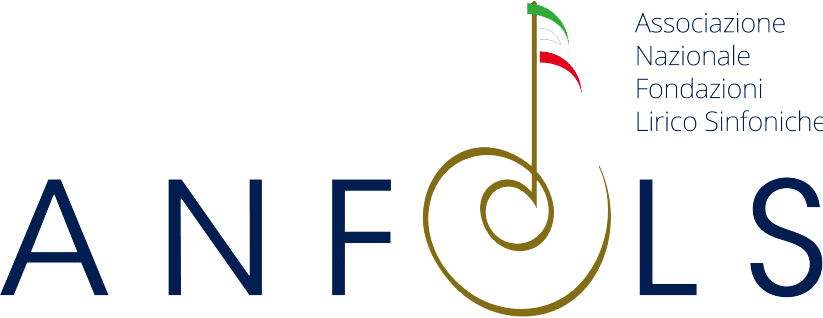Let’s stop for a while. For once we want to slow down, explore and, why not, observe. We also want to invite you to do the same along with us. Let’s try to push the boundaries a bit and go further beyond what we already know. Let’s think about a work, by exploring those themes and ideas with which theatre and music capture us. Every six months or so we will therefore produce a magazine, which deals with the issues raised , sometimes only marginally, on some of our performances. This will be an opportunity to explore around a bit. In the occasion of our new production of Aida and the issue of “blackface” that this opera inevitably brings with it today, we have chosen to start by talking about racism.
We live in a world where the Net can make the comments we write accessible to everyone and where we can, at any time, interact with people who have histories and backgrounds very different from ours. This is why today it is necessary to question the way we relate to one another. An issue like the “colour of the skin” may seem distant from our culture, but it is not. I believe it is a must for each of us to question words, gestures, attitudes that may be offensive or detrimental to the dignity of others, perhaps even the one of the person who is sitting next to us in the theatre. It is important to ask ourselves whether in the course of our life we have inherited supremacist ideas, which produce unconscious reactions. A battle for equality is never for anyone in particular: it is a battle for the whole of humanity.
We are told this by the many contributions we have been gathered in this magazine , which investigate the colonialist roots of “blackface” and other forms of racism, but also move towards different thoughts, taking into account the risks of cancel culture, those of excessive naturalism and the hyper-realistic conception of interpretation.
It only remains for us to wish you an enjoyable reading, and if you have wondered why we have chosen the name Calibano, probably we will not manage to get away with it by telling you that Shakespeare is always an excellent reference for those involved in the theatre. In The Tempest, Caliban is the son of a witch, or rather a woman thought to be one; he is considered to be an outcast, he is excluded, marginalised, and dehumanised. Here we want to start by putting his voice at the center stage.
Paolo Cairoli – Director of Caliban
Calibano is the new magazine of the Rome Opera House. Created as a space for in-depth analysis and debate around topical issues raised from the performances on the theater’s program and realized in collaboration with the publishing house effequ, the editorial project involves, every four months, the publication and distribution in Italian bookstores of a monographic volume dedicated to an opera title and a related theme, through the commissioning of essays, short stories and reviews by authoritative signatures.
You can buy Calibano on the effequ website at this link, in bookstores and at the Rome Opera House shop.
The illustrations in this issue were made using a Text to Image software by Simone Ferrini – Ortica video e grafica
The cover is by Marinella Senatore (Collage for Il Teatro dell’Opera di Roma, 2022 / Courtesy of the artist and Mazzoleni, London – Torino).












